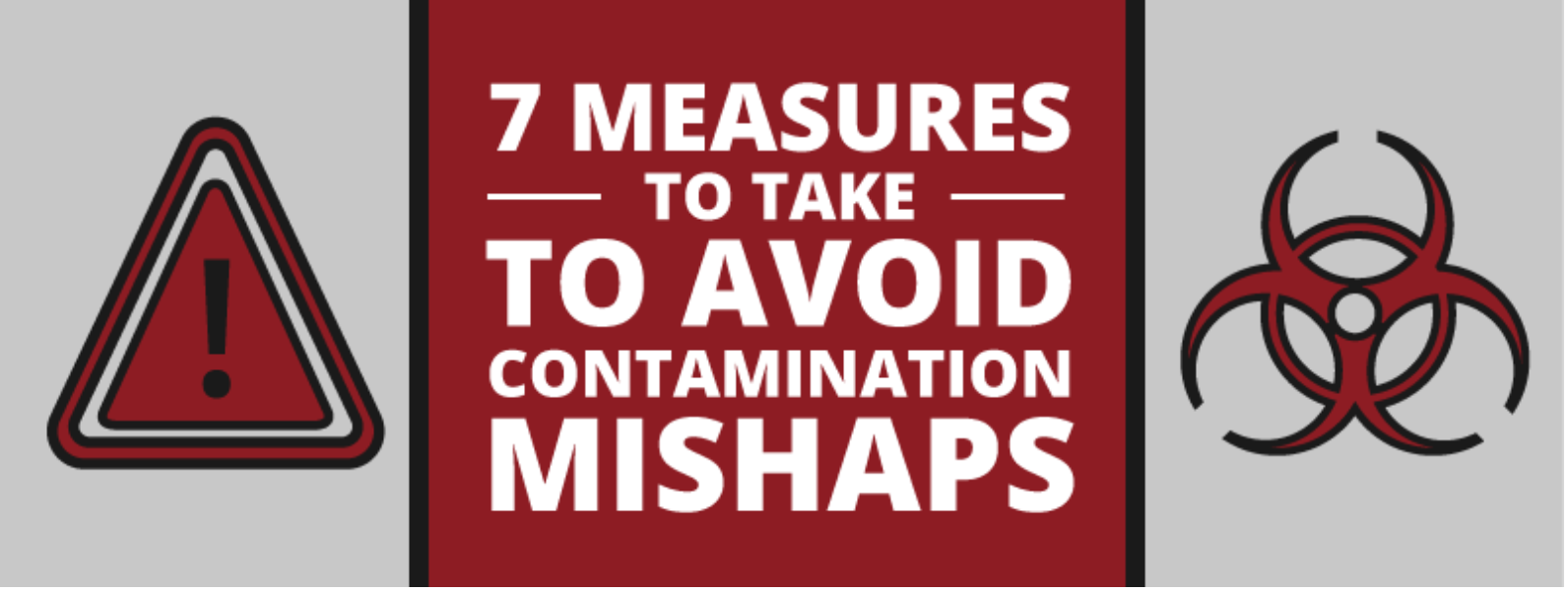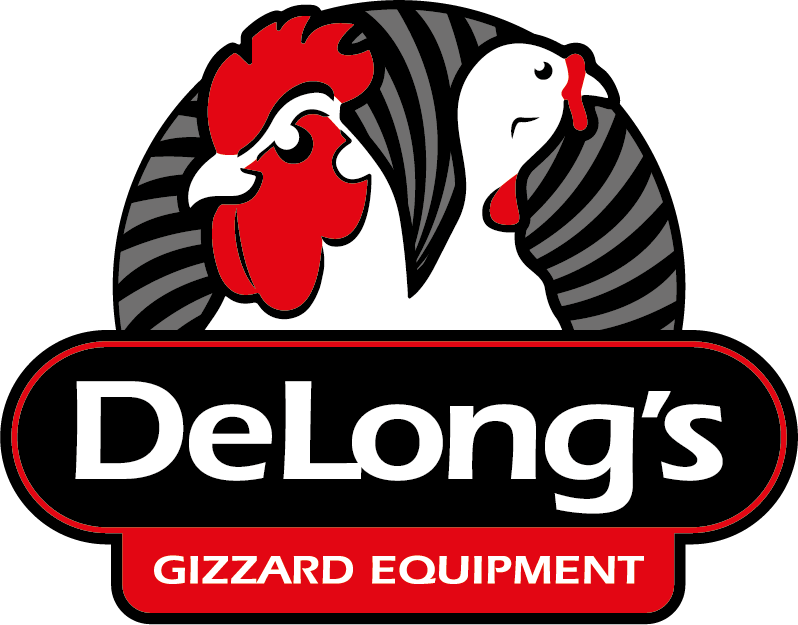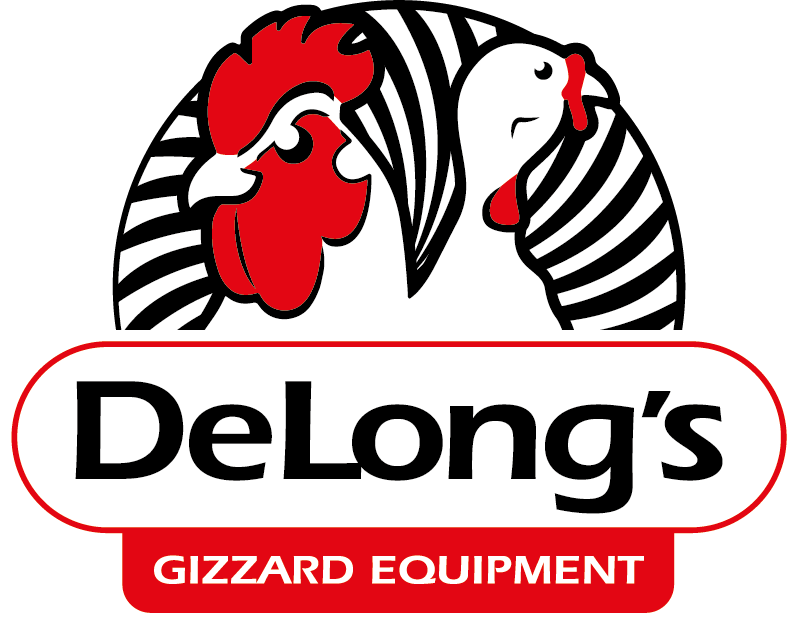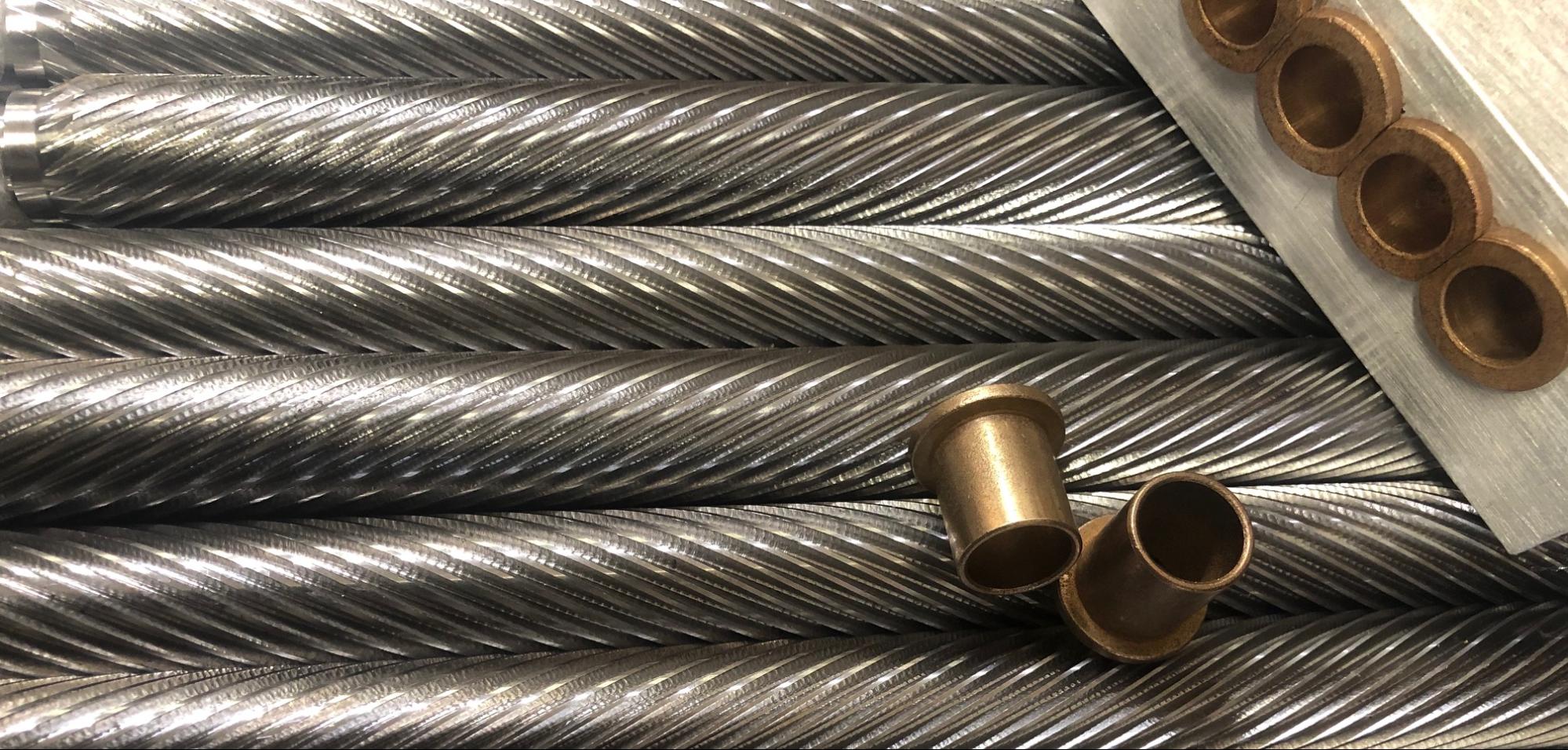
01 Jun 7 MEASURES TO TAKE TO AVOID CONTAMINATION MISHAPS
Contamination mishaps during food processing can be disastrous for a number of reasons. One of the biggest concerns is that a bacteria contamination or cross-contamination can endanger the lives of employees and consumers. Outside of the danger that a contamination mishap poses to those involved, these mishaps can also lead to legal issues for the production facility.
As a manager of a poultry production plant, it is vitally important to take extensive measures that ensure cleanliness of the facility. Here are some steps you should take in order to avoid contamination mishaps:
1) Train Adequately
Employers have an obligation to properly train their employees on all necessary sanitation practices. The public puts trust in the food industry to prepare food in a safe and clean environment, and the best way to live up to those standards is by ensuring every member of the team is following all proper procedures to the letter.
Be thorough in training. Ignorance is no excuse, and no employee should ever be able to blame a contamination mishap on poor training. Constantly bring up sanitary practices during training so that employees never have a question as to where they fit into their daily tasks and the process as a whole.
2) Explicitly Assign Cleaning Tasks
Failure to explicitly assign cleaning tasks can lead to tasks being ignored. All too often, if a task isn’t clearly assigned, people will simply tell themselves that someone else will do it, and the task never ends up getting done.
Cleaning is not anyone’s favorite task, but it is not an option. Whether you have a designated cleaning crew or have all employees participate in cleaning practices as they work, include the following in each assignment:
- Who is responsible
- What equipment to use
- Proper procedure
- How often the task is to be done
3) Don’t Cut Corners
It can be tempting to ignore minor messes that don’t seem like a big deal, but this sort of careless behavior can quickly turn into a habit. Before long, small messes build up into huge problems that take much more time and money to deal with properly.
As the saying goes, “An ounce of prevention is worth a pound of cure.” Bacteria can grow quickly, so it is important to be proactive: when you see a mess or identify something dirty, no matter how small, clean the area thoroughly.
4) Stress Personal Hygiene
Any training regimen should include an explanation of employee personal hygiene expectations, but those expectations should be addressed continually. The importance of maintaining good personal hygiene cannot be stressed enough to your employees.
As with cleaning practices, improper procedures that are allowed to become bad habits are certain to result in costly mistakes at some point in the future, so create good habits in your workers instead. Remind employees that personal hygiene begins at home, and only continues while in the workplace.
Outline proper handwashing techniques as well as expectations on attire, jewelry, nails, hair, and eyewear. Employees with contagious diseases or those showing symptoms of a food-borne illness should not be allowed to work until they are healthy enough to guarantee that they will not spread any diseases.
5) Clean Areas Other Than Food Processing Equipment
Even with clean equipment, without proper containment methods in place, bacteria can enter the processing area through other means. Smart managers need to keep all company areas clean, not just the main processing area.
Lobbies, bathrooms, locker rooms, storage areas, and break rooms should all be cleaned regularly. Beyond acting as another layer of defense from bacteria entering into food and machinery, thoroughly cleaning these areas can stop bacteria from propagating in the first place.
6) Keep Foods In Different Stages Separated
From raw, to cooked, to packaged, foods should be separated at every stage of processing. Segregating foods at different stages will help prevent raw and unprocessed foods from contaminating foods further along in processing.
As an added precaution, keep employees from different stages of processing from interacting during shifts. Employees can unintentionally carry bacteria from the foods they are working with and pass that bacteria to other employees, who could turn contaminate more food.
7) Supervise And Monitor
It is important for supervisors to continually monitor the sanitation practices of employees. Do not consider it micromanaging – safety is too important to ignore. As a supervisor, make sure not only company cleanliness procedures are being properly executed, but also be on the lookout for areas that can be improved upon.
One of the best ways you to boost your plant’s safety and improve its production ability is to cross-train all of your employees in different aspects of equipment safety and maintenance.
Want to learn more about what you can do to run a better, safer, and more effective poultry production plant through employee cross-training? Download our free informative Ebook, Why and How to Cross-Train in Maintenance, and take your plant to the next level.



